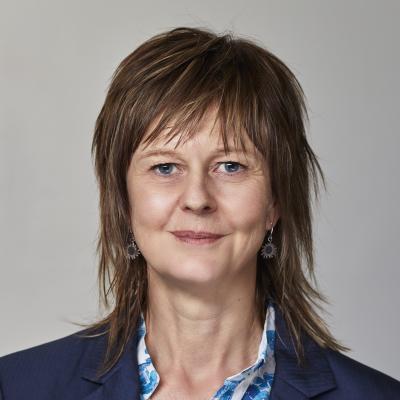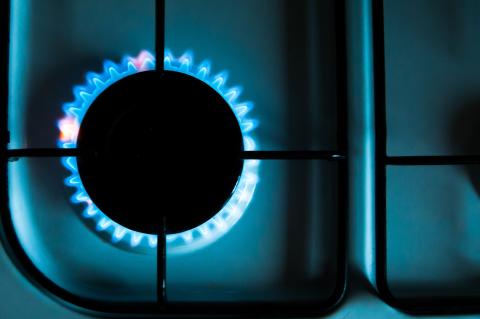Submission in support of the governance of DER Technical Standards (Ref. ERC0319) proposal
Download Full Version

Executive Summary
The Energy Security Board submitted the Governance of Distributed Energy Resources (DER) Technical Standards (Ref. ERC0319) rule change proposal to the Australian Energy Markets Commission (AEMC) on 16 September 2020. The rule change proposal seeks to introduce new governance arrangements for DER technical standards under the National Electricity Rules (NER) and, if required, the National Energy Retail Rules (NERR). The request includes changes to create ‘DER technical standards’ in the Rules or subordinate instrument to establish the AEMC as the responsible decision maker for creating DER technical standards and to provide for the enforcement of those standards.
DER technical standards are well overdue in the National Electricity Rules.
The AEMC has published a consultation paper on this rule change with submissions due by 7 October 2021 and a draft rule determination expected in December 2021. This paper constitutes the Institute for Energy Economics and Financial Analysis (IEEFA)’s submission to that consultation paper.
The Energy Security Board (ESB) spent more than a year consulting on how best to govern the development of DER technical standards and where they should best sit in the NER. DER stakeholders regarded this as probably the most urgent and important issue to be resolved for efficient and effective DER integration. Given the ESB’s prior consultation on this issue, including a Review and Consultation Paper, there should be no doubt this rule change is needed and indeed overdue.
The AEMC Consultation Paper clearly sets out the problem statement and proposed approach to putting DER technical standards in the rules. IEEFA recommends the rule change be assessed not only against security and reliability, price and safety but also an expanded framework that takes into account the benefits of DER integration more broadly, including the electrification of transport and decarbonisation.
IEEFA supports the inclusion of DER technical standards in a subordinate instrument under the Rules in order for them to be able to be amended and updated in a timely fit-for-purpose manner. It is vital that standards can be created or revised in response to technological or market changes without going through a long-winded rule change process.
IEEFA supports the establishment of a new DER Standards Committee to oversee the development of DER technical standards as proposed in the ESB’s July 2020 Consultation Paper. Legal advice should determine whether this Committee is ultimately determinative or advisory to the AEMC. If the Committee advises the AEMC, this should be in strong terms, such that the AEMC should be required to adopt the Committee’s recommendations or provide specific reasons for not doing so.
The Committee should be selected through a nomination and merit-based process and preferably have independent co-chairs. IEEFA supports the proposed membership mix, that the Committee Members should be drawn from:
- Market bodies
- Consumers/consumer representatives with DER experience
- Distribution Network Service Providers (DNSPs)
- Original equipment manufacturers (OEMs)
- Jurisdictional safety regulators
- Aggregators
- Standards Australia.
Given the importance of the Committee’s role and the need for members to devote significant time to its operation, members should be renumerated for their time and expertise. Without this remuneration, there is a risk that those members with the greatest access to resources and expertise through their paid employment have the greatest sway in the Committee’s decision making. Importantly, the role of the Committee should be broader than simply determining standards. As set out the ESB’s July 2020 Consultation Paper, the DER Standards Governance Committee should be responsible for:
- setting a vision for DER technical standards;
- developing a technical standards work program;
- monitoring, reviewing and setting DER technical standards,
- considering issues related to compliance and enforcement of standards in their development; and
- providing advice on standards and undertaking related reviews.
The level of prescription as to the Committee’s operation should be comparable to that regarding the Reliability Panel, balancing clarity and scope for the Committee to make standards in a timely manner that are fit-for-purpose. This should allow for the Committee to have discretion, for example, in how it sets its own policies and procedures. The Rules should state the outcomes the Committee should achieve but not detail how it goes about achieving those ends.
















